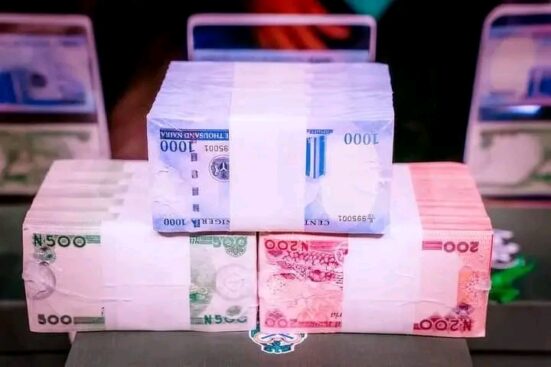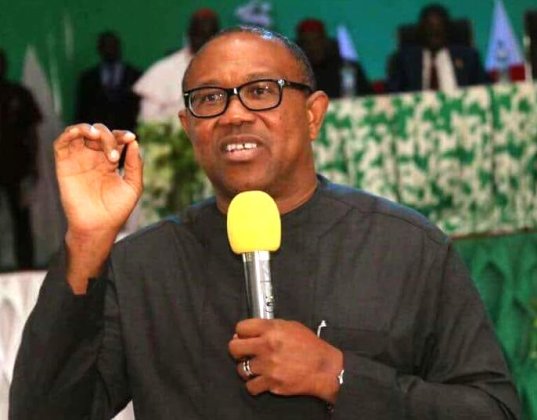The Central Bank of Nigeria, CBN, on Wednesday warned residents, market women and leaders not to pay charges while depositing the old naira notes to their respective commercial banks in Imo state.
The CBN, branch controller, Mrs, Oyoburuoma Boma, disclosed this to newsmen in Owerri, at the CBN sensitization programme at the relief Market in Imo.
The branch Controller said by Section 17 of the CBN Act 2007 gives the CBN the sole right to issue naira notes and coins.
However, the CBN urged the citizens to make use of alternative methods of deposit of the old naira notes through the POS, Electronic transfer, USSD, and Internet Banking among others. It also insisted that the deadline remains 31st of January, 2023 for the deposit of the old naira notes.
According to the CBN, “As we are all aware, Central Bank is allowed by law to issue and manage the
Nigerian Legal tender currency, popularly known as the Naira Section 17 of the CBN Act 2007 gives the CBN the sole right to issue naira notes and coins.
“When we issue new notes, Nigerians use them to buy goods and services.
As the notes change hands, they become dirty, torn, mutilated and soiled. The Central Bank must remove the damaged notes and replace them with new ones.
“As time goes on, more serious issues and challenges may arise, necessitating the Bank to change and replace the old notes entirely. The global best practice encourages the redesign of currency notes every 5 to 8 years. The challenges and issues in our case are: Banknote Hoarding Shortage of clean and fit bank notes Counterfeiting Large Volumes of Currency in Circulation outside Bank vaults High cost of Cash Management
Abuse, spray and sale of the Naira.
To mention a few.
“These issues and challenges made the Central Bank change and redesign the higher denominations of N1000, N500 and N200 bank notes. Now that we have changed and redesigned these higher denominations, we are here in the relief market today, to explain and say that;
Only three of the current eight. denominations were redesigned, namely the N1,000, N500, and N200 banknotes. All other banknotes- N5, N10, N20, N50, and N100 are not affected. The decision of the CBN to redesign 3 denominations
of the naira is not targeted at any group or persons.
“President Muhammadu Buhari launched the new naira bank notes on
November 23, 2022.
The current N1,000, N500, and N200 banknotes that are being phased out will circulate side by side with the redesigned N1,000, N500, and N200 banknotes till January 31, 2023.
“The banknotes that are being phased out remain legal tender till January 31st, 2023. They should not be rejected as a means of exchange for the purchase of goods and services. Visit your commercial bank to deposit the old notes. Those without bank accounts are encouraged to visit banks of their choice to open accounts. Account opening is easy. You can also approach the nearest CBN authorized agent to make your deposit if you reside in a rural area.”
“There is no limit to deposits of N1,000, N500, or N200 banknotes an individual or corporate body can make, during the transition period that expires on January 31st 2023. For now, there are no charges on bank deposits. I repeat, no charges on bank deposits for now.
“There is no outright exchange of new banknotes for old N1,000, N500, N200
deposited in commercial banks. However, we are encouraged to explore
other payment channels such as eNaira, POS, Electronic transfer, USSD, Internet Banking, Mobile money operators and agents, for banking
transactions,” CBN said.







